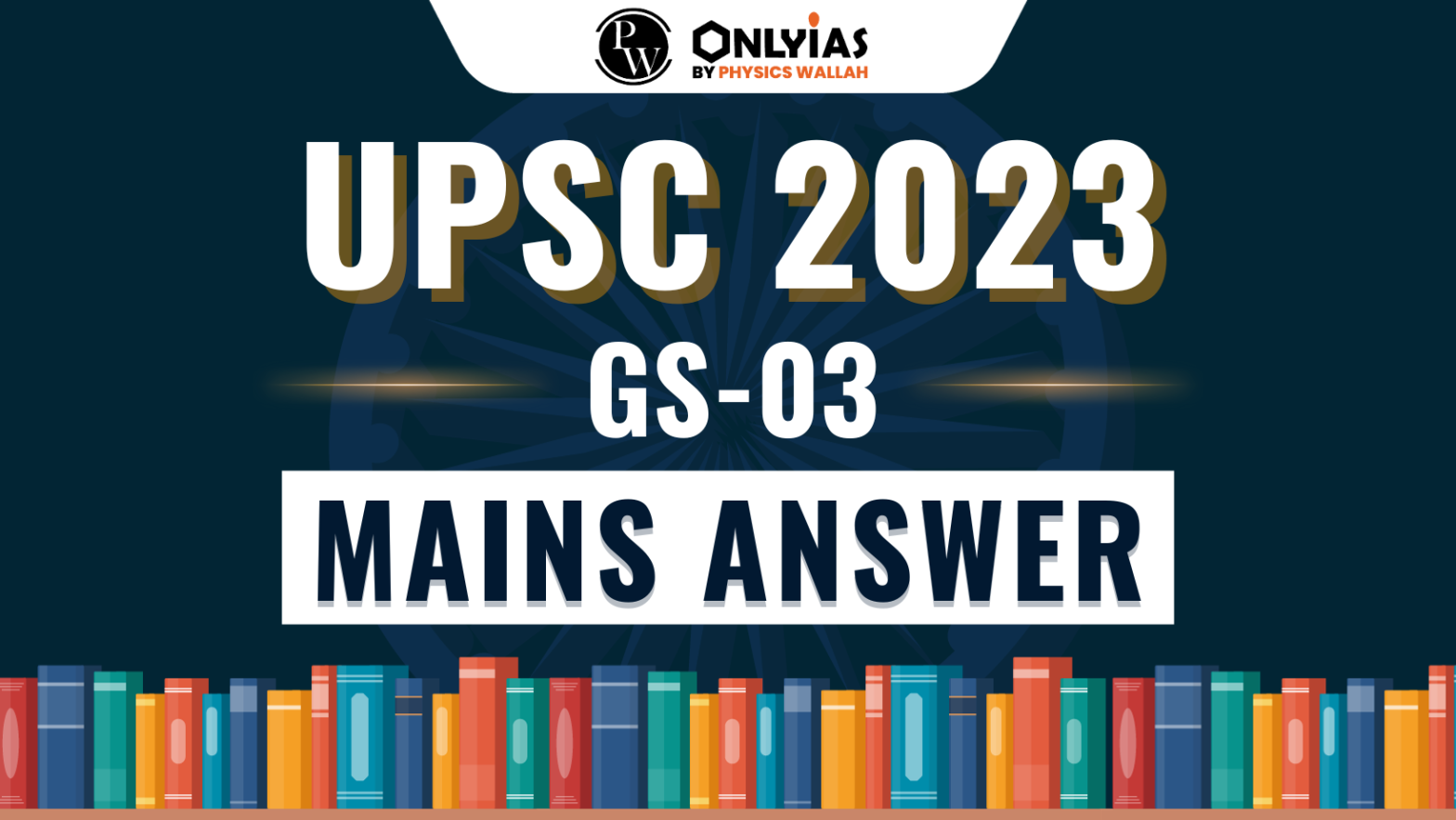Manufacturing for Growth? UPSC examines if boosting manufacturing & MSMEs is key to India's economic future. Analyzes current government policies.

Q.1 Faster economic growth requires increased share of the manufacturing sector in GDP, particularly of MSMEs. Comment on the present policies of the Government in this regard.
| How to approach the question
Introduction ● Write the role of manufacturing sector in GDP, particularly of MSMEs briefly Body ● Write why faster economic growth requires increased share of the manufacturing sector in GDP, particularly of MSMEs ● Write about the contribution of present policies of the Government in this regard ● Write issues faced faced by these policies ● Write suitable way forward Conclusion ● Give appropriate conclusion in this regard |
Introduction
According to 2023 manufacturing industry outlook,The manufacturing sector is an important part of India’s GDP, accounting for around 17% in 2022. The MSMEs, contribute around 40% to manufacturing and are responsible for economic growth, jobs and growing exports. Given this, the government has initiated various programmes and benefits to support these sectors.
Body
Essentiality of increase share of the manufacturing sector in GDP for Faster economic growth due to following reasons
Present Policies of the Government and Their Contributions
Issues Faced by These Policies
Way Ahead
Conclusion
These innovative suggestions could potentially accelerate the growth of the manufacturing sector and MSMEs, thereby contributing positively to the country’s GDP. It is pivotal to create a nurturing environment where policies are not just well-framed but are also effectively implemented to foster growth and development.
| For a Detailed explanation of the UPSC GS-01 Mains question 2023, click here.
For a Detailed explanation of the UPSC GS-02 Mains question 2023, click here. For a Detailed explanation of the UPSC GS-03 Mains question 2023, click here. For a Detailed explanation of the UPSC GS-04 Mains question 2023, click here. |
<div class="new-fform">
</div>